Identifying Signs of Illness and Common Health Concerns
As a horse owner, it’s important to monitor your horse’s health regularly. In this chapter, we’ll discuss how to identify signs of illness and common health concerns in horses.
Signs of Illness
Horses are masters at hiding illness, so it’s important to be vigilant and spot any signs of illness early on. Here are some common signs of illness to look out for:
- Lack of appetite
- Weight loss
- Lethargy
- Discharge from the nose or eyes
- Coughing
- Diarrhoea or changes in bowel movements
- Lameness or stiffness
- Changes in behaviour, such as aggression or depression
If you notice any of these signs, it’s important to contact your veterinarian immediately.
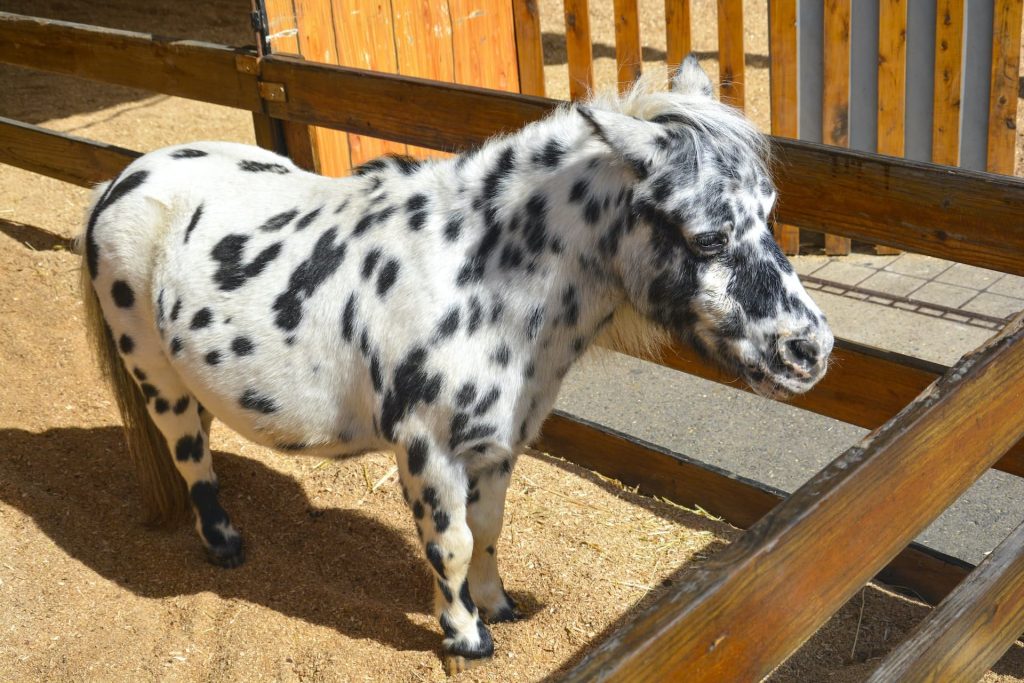
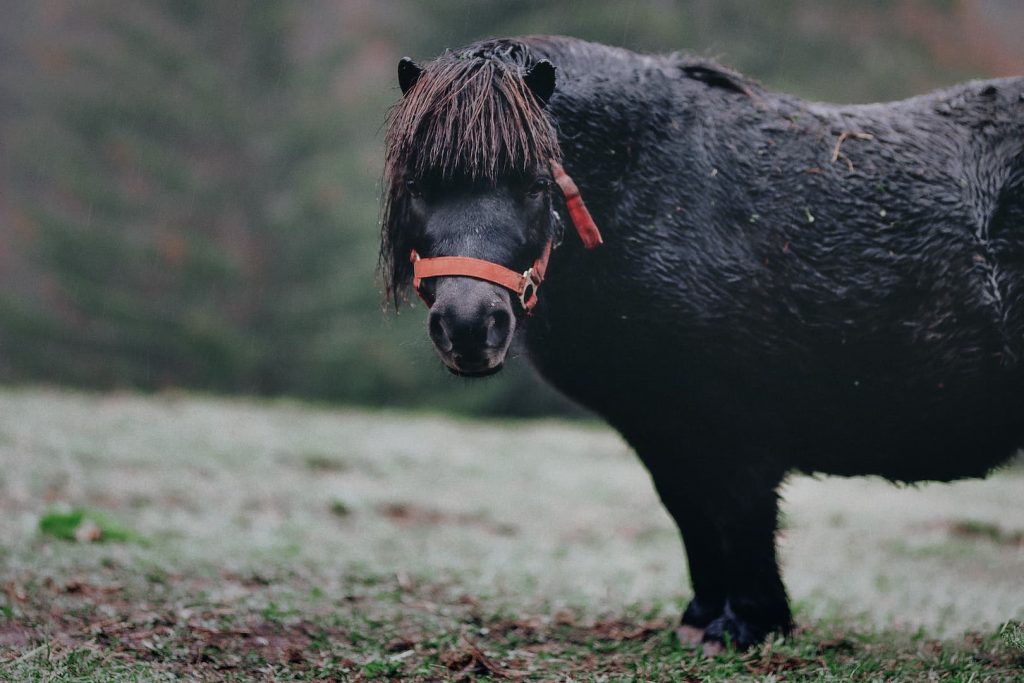
Common Health Concerns
Here are some common health concerns that horses can experience:
Colic: Colic is a general term used to describe abdominal pain in horses. Signs of colic include restlessness, pawing at the ground, rolling, and sweating.
Laminitis: Laminitis is a painful condition that affects a horse’s hooves. Signs of laminitis include lameness, reluctance to move, and heat in the hooves.
Worms: Horses can be affected by several types of worms, which can cause weight loss, poor coat condition, and colic.
Dental Problems: Horses need regular dental care to ensure their teeth are healthy and they can eat properly. Signs of dental problems include difficulty eating, weight loss, and bad breath.


Preventative Measures
To keep your horse healthy, it’s important to take preventative measures, such as:
Regular veterinary check-ups: Regular check-ups with your veterinarian can help detect any health concerns early on.
Vaccinations: Vaccinations can help prevent certain illnesses, such as tetanus and equine influenza.
Parasite control: Regular deworming and fecal egg counts can help keep your horse free from worms.
Dental care: Regular dental check-ups and floating can help prevent dental problems.
Monitoring your horse’s health regularly and being aware of signs of illness and common health concerns can help prevent serious health issues. By taking preventative measures, such as regular veterinary check-ups, vaccinations, parasite control, and dental care, you can keep your horse healthy and happy. Remember, if you notice any signs of illness, contact your veterinarian immediately.




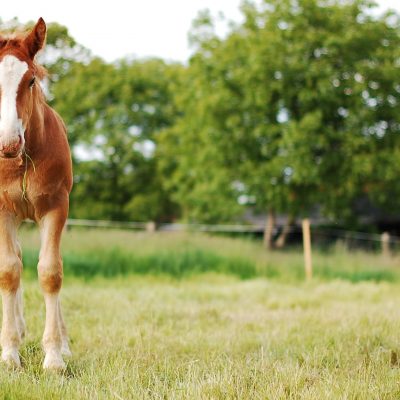
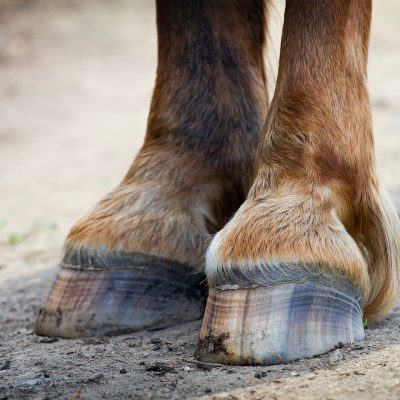
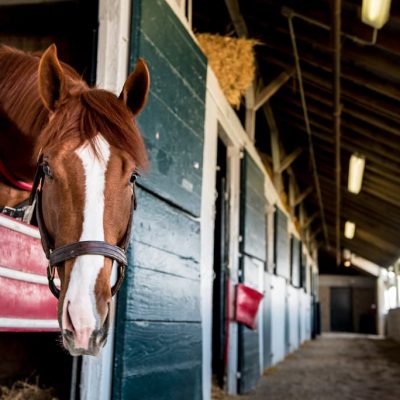

No Comment! Be the first one.